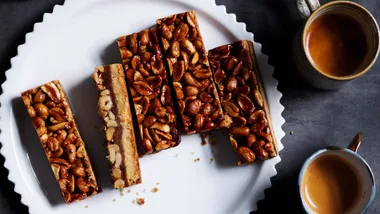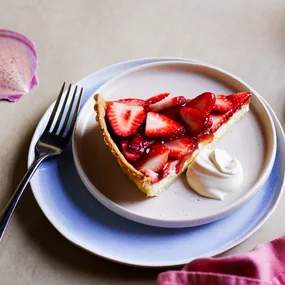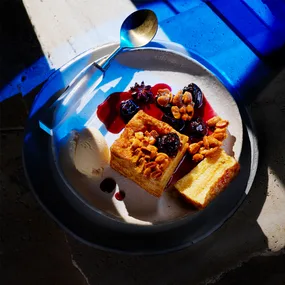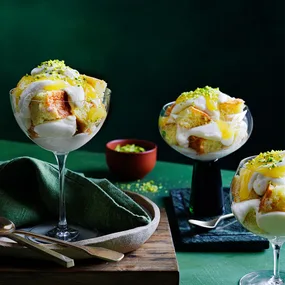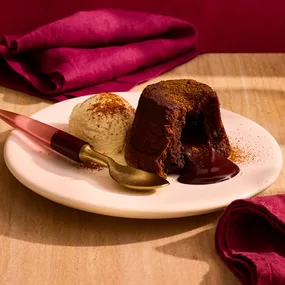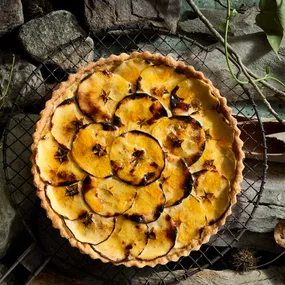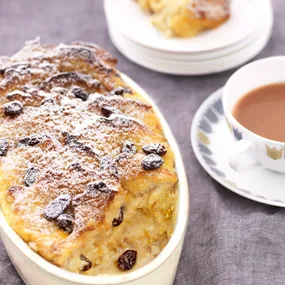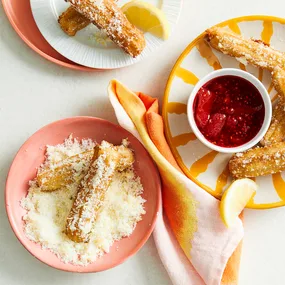During the Balkan Wars of 1912-13, “kourabie” was used as a slang name for soldiers who looked promising but crumbled easily – a reference to the biscuit’s short, buttery form. By World War II, Greek soldiers were calling Mussolini’s men “kourabiedes”, cementing both the word and the biscuit in Greek culture and history. Within Greece there are plenty of regional variations on the recipe. On the island of Samos, the shortbread dough is shaped around a festive filling of dried fruit and nuts before baking. Elsewhere, the Middle Eastern influence is evident in the inclusion of rosewater – usually a few drops sprinkled over the baked biscuits before the icing sugar goes on. But back to the studding. It’s a contentious issue among kourabie aficionados: whether to embed a whole clove in the centre of each biscuit before baking. Some say the spice symbolises the gifts offered by the Magi to the baby Jesus. But while it adds a truly festive fragrance, it can be an unappetising hazard if accidentally bitten into. And yet in many households the tradition persists, perhaps because it’s such a pretty one, the clove tops just peeking out from the little snowy morsels. The addition of alcohol is almost certainly a Greek phenomenon – invariably a quality ouzo or a Greek brandy such as Metaxa is used. On that note, the biscuits are delicious served with a glass of ouzo or a muddy Greek coffee, and should always be accompanied by a glass of water (the copious dusting of icing sugar has been known to induce bouts of choking.) As for the question of shape, it’s entirely a matter of personal preference. The crescent, thought to have been introduced during Greece’s Ottoman rule, remains popular, but modern Christmas tradition sees stars, trees and angels shapes abound. We’re fans of bite-sized rounds that crumble in the mouth in one mess-free go – so long as you remember to pull out the cloves first.
These buttery morsels dusted in icing sugar are traditionally made for Christmas, but they’ve got a military connection too.

